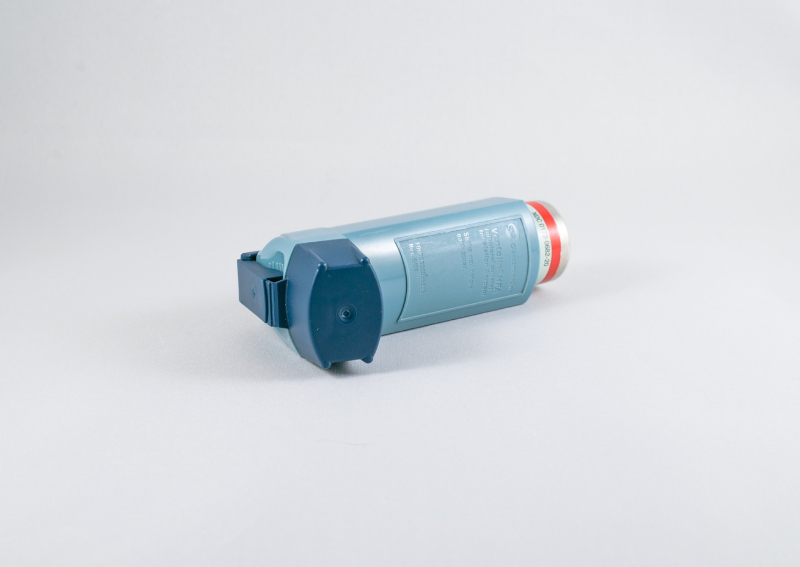8 things you need to know about asthma in Singapore kids

One in five kids in Singapore suffers from asthma, but there are many myths surrounding this respiratory disease. Experts from the Asthma & Allergy Association tell you what's fact and what's fiction.
The Asthma & Allergy Association (AAA) is a community-based organisation in Singapore that aims to educate patients, as well as their families, friends and caregivers.
No. Environmental factors can make a person more vulnerable to asthma too. For example, smoking worsens narrowing of the airways, hence the condition.
That said, if both parents have asthma, the condition is more likely to occur in the child by 70 per cent; 30 per cent if one parent has it; and 6 per cent if neither parent has it.
No. It affects people of all ages. Studies show that 20-50 per cent of patients with childhood asthma "outgrow" the condition, although symptoms could return in adulthood.

No. Exercise helps you breathe better and stay healthy. Many professional athletes including swimmers have their asthma under control. Speak with your doctor before starting an exercise programme.
No. Patients on maintenance inhalers, which contain inhaled corticosteroids, must use these every day to avoid flare-ups.
Rescue inhalers, for example, Salbutamol inhalers, help to open the windpipe hence are used only when you feel breathless. Check with the doctor or nurse if unsure.

No. Asthma inhalers do not contain any drugs that can cause addiction. The inhaled corticosteroids are deposited almost entirely into the airways and not absorbed into the body.
As long as you rinse your mouth after use, there should not be any side-effects such as oral thrush.
Yes. About 50-70 per cent of adult patients also have gastroesophageal reflux disease (GERD). In younger patients, 70-80 per cent also have allergic rhinitis while 50 per cent, eczema.
Controlling these conditions can help to keep asthma under control.
Yes. Using maintenance inhalers every day, avoiding triggers and getting your annual flu vaccinations will help to keep asthma under control.
Yes. If severe, attacks can cause oxygen levels to plunge or the heart to stop. Seek medical attention immediately if an attack does not subside after using a rescue inhaler.
This article was first published in Young Parents.